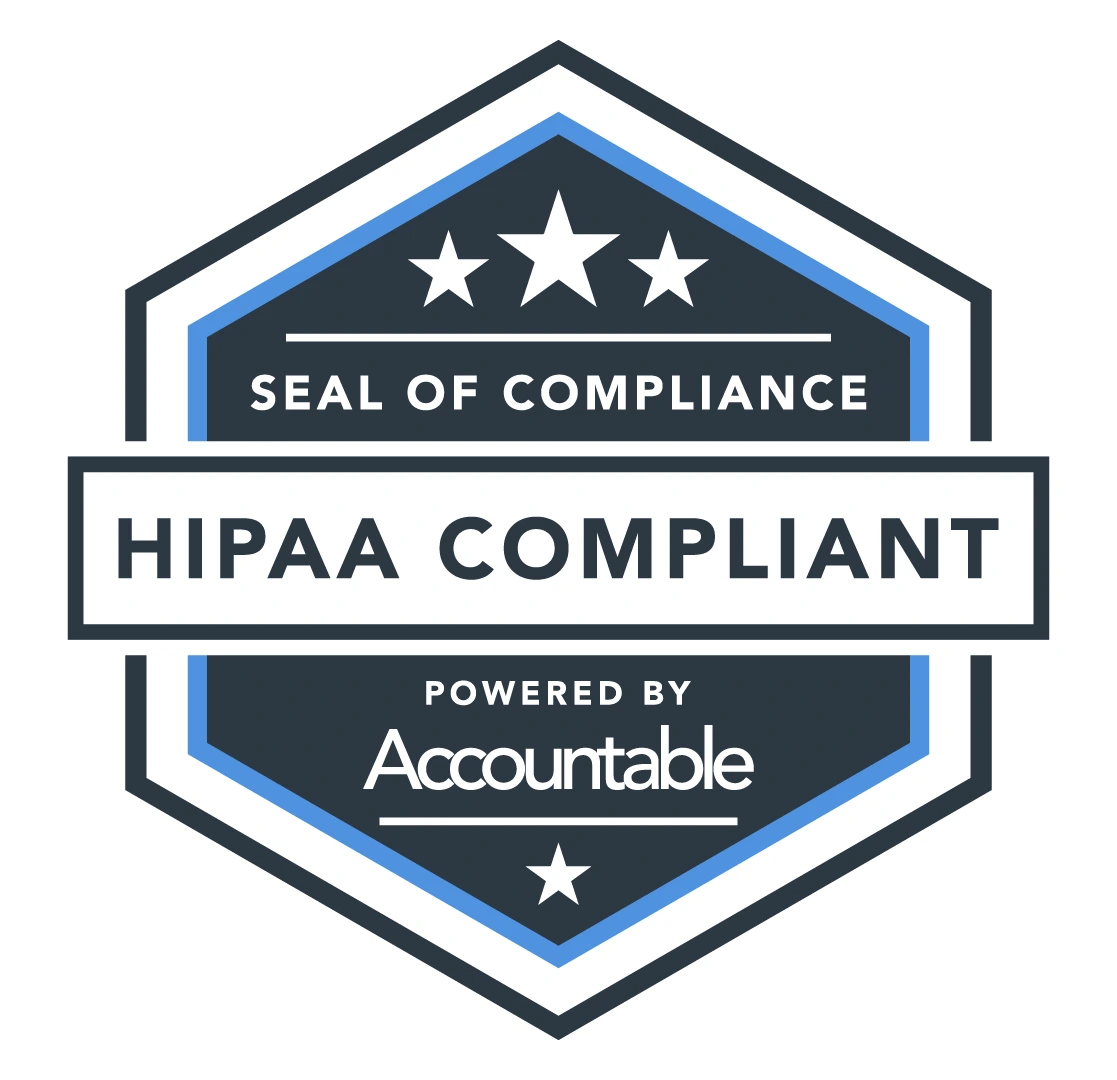Pregnancy is a time of incredible transformation—physically, emotionally, and hormonally. With these changes, many expectant mothers begin to reevaluate their daily routines, especially skincare. While maintaining healthy skin is important, it’s equally crucial to ensure that the products used are safe for both the mother and the developing baby.
Some commonly used skincare ingredients can be harmful during pregnancy. Understanding which ingredients to avoid and choosing safer alternatives can help protect both maternal and foetal health.
Why Skincare Matters During Pregnancy
During pregnancy, the skin becomes more sensitive due to hormonal fluctuations. You may experience conditions like acne, hyperpigmentation (melasma), dryness, or increased oil production. While it’s tempting to reach for your regular skincare products, not all ingredients are safe to use during this delicate time.
Top Skincare Ingredients to Avoid While Pregnant
Here’s a closer look at some of the ingredients that are best avoided during pregnancy, as recommended by dermatologists and healthcare professionals:
- Retinoids (Retinol, Tretinoin, Isotretinoin)
- Why avoid? These vitamin A derivatives are commonly found in anti-aging and acne treatments. High doses of retinoids have been linked to birth defects.
- Where found? Anti-aging creams, acne medications, prescription treatments like Accutane.
- Salicylic Acid (High Concentrations)
- Why avoid? While low doses (under 2%) in face washes may be considered safe, high concentrations, especially oral formulations or peels, can pose risks.
- Where found? Acne treatments, exfoliants, toners, chemical peels.
- Hydroquinone
- Why avoid? Used to treat hyperpigmentation, hydroquinone has a high absorption rate and may enter the bloodstream in significant amounts.
- Where found? Skin-lightening creams, melasma treatments.
- Benzoyl Peroxide
- Why avoid? Often used to treat acne, this ingredient is controversial. Some experts advise caution due to limited data on its safety during pregnancy.
- Where found? Acne spot treatments, cleansers, gels.
- Phthalates
- Why avoid? These chemical compounds are often used to stabilize fragrances. They have been associated with endocrine disruption and potential developmental issues.
- Where found? Fragranced skincare products, lotions, deodorants.
- Formaldehyde and Formaldehyde-Releasing Agents
- Why avoid? Known carcinogen and skin irritant, formaldehyde is used in some nail polishes and hair straightening products.
- Where found? Nail polish, hair-smoothing treatments, preservatives in creams.
- Chemical Sunscreens (Oxybenzone, Avobenzone, Octinoxate)
- Why avoid? These can penetrate the skin and potentially disrupt hormones. Safer alternatives are recommended.
- Where found? Conventional sunscreen formulations.
- Essential Oils (Certain Types)
- Why avoid? Some essential oils like rosemary, clary sage, and cinnamon oil can stimulate uterine contractions or cause allergic reactions.
- Where found? Natural or organic skincare products, massage oils.
Safe Alternatives to Use During Pregnancy
While many ingredients are off-limits, there are plenty of safe and effective alternatives that can help maintain your skincare routine:
Concern | Safe Ingredients |
Acne & Inflammation | Azelaic Acid, Niacinamide |
Hydration & Moisture | Hyaluronic Acid, Glycerin |
Sun Protection | Mineral sunscreens (Zinc Oxide, Titanium Dioxide) |
Hyperpigmentation | Vitamin C, Kojic Acid (in moderation) |
Anti-aging | Peptides, Bakuchiol (a retinol alternative) |
Always consult with your healthcare provider or a dermatologist before introducing new products into your skincare regimen during pregnancy.
Tips for Safer Skincare During Pregnancy
- Read Labels Carefully: Avoid unregulated products or those with unfamiliar ingredients.
- Limit Use of Fragranced Products: Fragrances may contain hidden harmful chemicals like phthalates.
- Simplify Your Routine: Stick to basic, dermatologist-approved skincare with minimal ingredients.
- Patch Test New Products: Pregnancy can make your skin more sensitive than usual.
- Consult a Professional: Speak with your OB-GYN or a dermatologist before trying new treatments.
Final Thoughts
Caring for your skin during pregnancy doesn’t mean giving up your skincare routine—it just means making smarter, safer choices. By avoiding harmful ingredients and using safe, dermatologist-recommended alternatives, you can protect your health and that of your baby.
At WebDoctors, we’re committed to providing safe, expert guidance throughout your pregnancy journey. If you have skincare concerns or questions about any products you’re using, our licensed physicians are available 24/7 through our virtual platform to help you make informed decisions.






